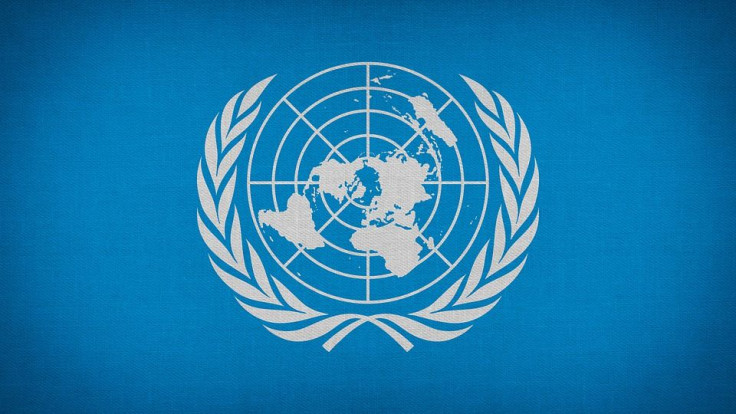
The United Nations (UN) Security Council is all set to vote on Monday on a resolution that would greenlight an international force aimed at supporting Haitian authorities amid gang violence in the country.
The deployment will take place after nine months and will last a year. The force will support Haiti's national police force, as it does not have enough resources or funding. There will be 10,000 active officers who will help ensure the safety of the Latin American country's 11 million citizens.
The U.S.-drafted resolution, which was accessed by AP News on Sept. 30, reportedly welcomed Kenya's offer to spearhead the multinational security force and clarified that it would be a non-UN force made possible by voluntary contributions.
U.S. President Joe Biden urged the UN Security Council last month to authorize the deployment of a multilateral force to Haiti, where more than 2,400 people have so far been killed due to gang violence.
The United States then said it would extend financial and logistical assistance after Haitian Prime Minister Ariel Henry sought international help.
Kenya volunteered to send 1,000 police officers to Haiti. Other countries including the Bahamas, Jamaica and Antigua and Barbuda have also vowed to send security operatives to help Haiti.
Alfred Nganga Mutua, cabinet secretary for foreign and diaspora affairs of the Republic of Kenya, shared on Sept. 26 that alongside Kenya, 10 other countries were willing to help Haiti by deploying troops or financing the multinational security support mission.
Mutua noted that despite being Haiti's neighbor, the U.S. did not opt to take a lead role in the mission. However, Kenya couldn't watch people suffer in the violence-hit country.
Aden Bare Duale, minister of defense in Kenya, affirmed that due to its very long history of peacekeeping, the East African country was ready to help restore peace in Haiti.
In fact, the cabinet secretary for foreign and diaspora affairs said Kenya had already begun making plans concerning equipment, logistics and personnel head of the deployment.
Aside from dealing with the gang crisis, Haiti has recently gotten into a rough phase with its bordering country, the Dominican Republic, over its decision to construct the canal on the Massacre River.
The Dominican Republic closed all borders with Haiti last month.
© 2025 Latin Times. All rights reserved. Do not reproduce without permission.







